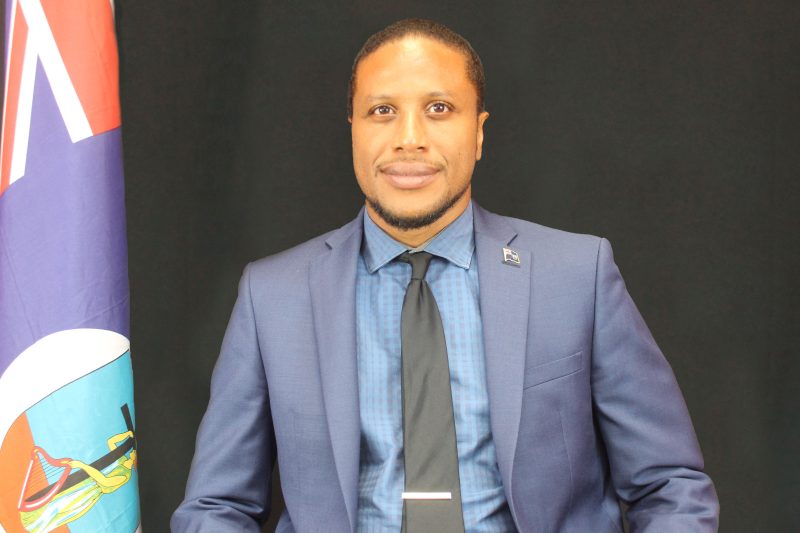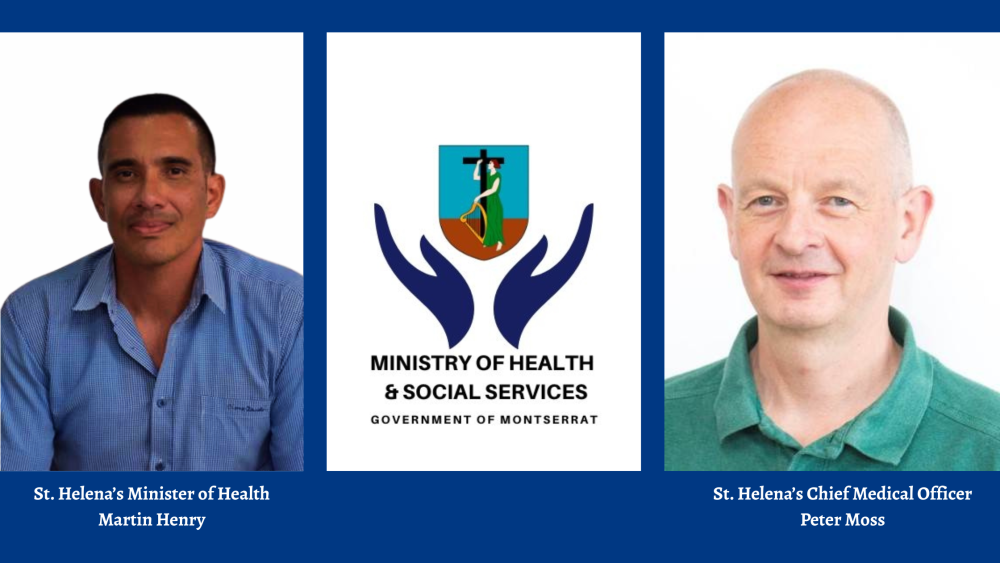
Citizens across the world feel disrespected and are voicing their anger: corruption is a bad thing getting worse. It may be useful to unpack how bad it can be and why we have defined it as a crime in the UN Convention Against Corruption (UNCAC). Corruption undermines democracy and fair markets. Corruption, a governance deficit in itself, increases when democracy is attacked. Political party financing becomes a patronage bazaar and public contracts are the occasion for paybacks, embezzlement and fraud. Substandard infrastructure – often the result of these kick-backs – puts lives at risk. Justice is not served, but sold to those who can afford it. Whom you know trumps what you know to get a job – especially in the civil service – or an admission to prestigious academia. Corruption disproportionately affects disadvantaged people. That’s why we have also classified it as a crime against development: it diverts funds intended for essential services such as healthcare, education, water, housing or security, and increases environmental risks, such as those associated with wildlife crime. Fortunately, many integrity fighters make our societies not only cleaner, but safer.
Corruption is an extremely expensive and lucrative affair, which costs developing countries over a trillion US$ per year in illicit outflows, criminal activity, commercial tax evasion and mispricing of transactions, as per Global Financial Integrity’s research. The same staggering amount is paid in bribes every year, according to the World Economic Forum. Many citizens pay bribes to access public services such as the police, courts, healthcare, education, utilities or identity documents. New research from Transparency International in 2019 is shedding light on sexual extortion, the most significant form of gendered corruption, especially pervasive in the Caribbean – including Barbados. The OECD believes that 10% of the cost of doing business is, on average, due to corruption.
 UNDP and UNODC, the UN Development Programme and the UN Office on Drugs and Crime, respectively, are the lead UN organisations in the fight against corruption. UNODC, as the custodian of UNCAC, displays the normative role over this uniquely successful treaty ratified by 186 Member States, the only universal legal instrument against corruption, while UNDP delivers capacity-building services to the same countries, expanding the normative framework to service delivery sectors such as water, education and health, and watching over economic areas like the extractive industries, often times by empowering local organisations, women and youth civil society. Both organisations draw from the Sustainable Development Goals, where SDG16 requires inter alia combating illicit financial flows, recovering stolen assets, reducing bribery and guaranteeing institutional accountability and transparency.
UNDP and UNODC, the UN Development Programme and the UN Office on Drugs and Crime, respectively, are the lead UN organisations in the fight against corruption. UNODC, as the custodian of UNCAC, displays the normative role over this uniquely successful treaty ratified by 186 Member States, the only universal legal instrument against corruption, while UNDP delivers capacity-building services to the same countries, expanding the normative framework to service delivery sectors such as water, education and health, and watching over economic areas like the extractive industries, often times by empowering local organisations, women and youth civil society. Both organisations draw from the Sustainable Development Goals, where SDG16 requires inter alia combating illicit financial flows, recovering stolen assets, reducing bribery and guaranteeing institutional accountability and transparency.
What are governments doing? According to independent sources, some are acting with determination against corruption. Others, riding cynically on people’s anger against those who defraud, are making matters worse. The undermining of free and independent media, the silencing and control of civil society and international organisations like ours and a rise in simplistic “strong arm” promises to solve complex problems, including corruption, used as a political weapon to discredit opponents, have lowered global ethical standards. Conflicts of interest, peddling of influence and the blur between private business and public office are some of the most dangerous trends. Transparency International recommends keeping “a close watch on political speech that falsely uses the fight against corruption to undermine democracy and propel authoritarian or populist …” political options to limelight.
At the other end of the “moral arch of the universe that bends towards justice”, some countries have made serious progress. Barbados shines within Latin America and the Caribbean with the highest values in V-Dem’s Rule of Law Index (2018 data), not far from Canada, the Americas’ top seed for decades, close to Germany, the USA, Costa Rica and Chile. Barbados also enjoys the highest perception of control of corruption among all continental and Caribbean countries (WDI data 2000-2017) with a hefty 89.4%, ahead of Uruguay and above the G7 average of 87.6%. Data from Transparency International place Barbados in the first place of the Caribbean and fourth of the Americas – with The Bahamas, Saint Vincent and the Grenadines, Dominica, and Saint Lucia, in the leading 50 nations in the world where corruption is perceived as less present, Grenada being 53rd. A combination of Governmental decency (55% of Bajans believe their Government is doing a good job in tackling corruption), private sector zero-tolerance to fraud, CSO watchdog performance and robust media investigative journalism – plus the irreplaceable moral compass of the citizenry – have contributed to this good state of affairs. It would be essential for Governments having Citizenship by Investment programmes in place to accompany them with very transparent accountability checks and balances, to dispel legitimate concerns and discard politically motivated noise.
On this international day, polls and surveys are telling us that trust in Governments, the Courts or the Police is at a low point. But citizens want to act and many believe they can make a difference. The most effective combination happens when individual or organised citizens feel free to report misbehaviour without fear of retaliation, and governments act upon that information to redress malfunctions. Jamaica’s Access to Information Unit, located in the Office of the Prime Minister, has built a successful coalition between Government, Civil Service and Civil Society. According to the Global Corruption Barometer 2019, the Caribbean has the lowest vote-buying practice of the region. Only 2% of Bajans are said to have paid a bribe to a Police officer in the past 12 months – the lowest figure in Latin America and the Caribbean – while 77% of people in Barbados and 71% in Guyana consider their Head of Government as a stalwart against corruption. Possibly the most precious assets the Hon. Mia Amor Motley and the Hon. David Granger possess: in an age when institutions and leaders struggle to be esteemed, integrity commands respect and offers hope.
Combating corruption is something every government has agreed to do. It is of course much easier if every citizen believes that s/he has a role in watching, blaming, naming and shaming when confronted with unlawful behaviour. People have it easier in turn if they are confident they can safely report corruption, and trust their government to take swift action. Citizens and Governments – including the Legislative Power and the Judiciaries – will be encouraged to do more if the media and civil society see it as their duty to combat this plague. Executive branches of Government have an immediate tool at their service: the UN Convention Against Corruption Review Process allows Governments to partner with NGOs and highlight successes, efforts and gaps that still need to be addressed. Laws will be necessary – but leadership and courage are even more of the essence to fuel a culture of public decency. That’s what this international day is all about.
Discover more from Discover Montserrat
Subscribe to get the latest posts sent to your email.



